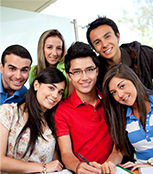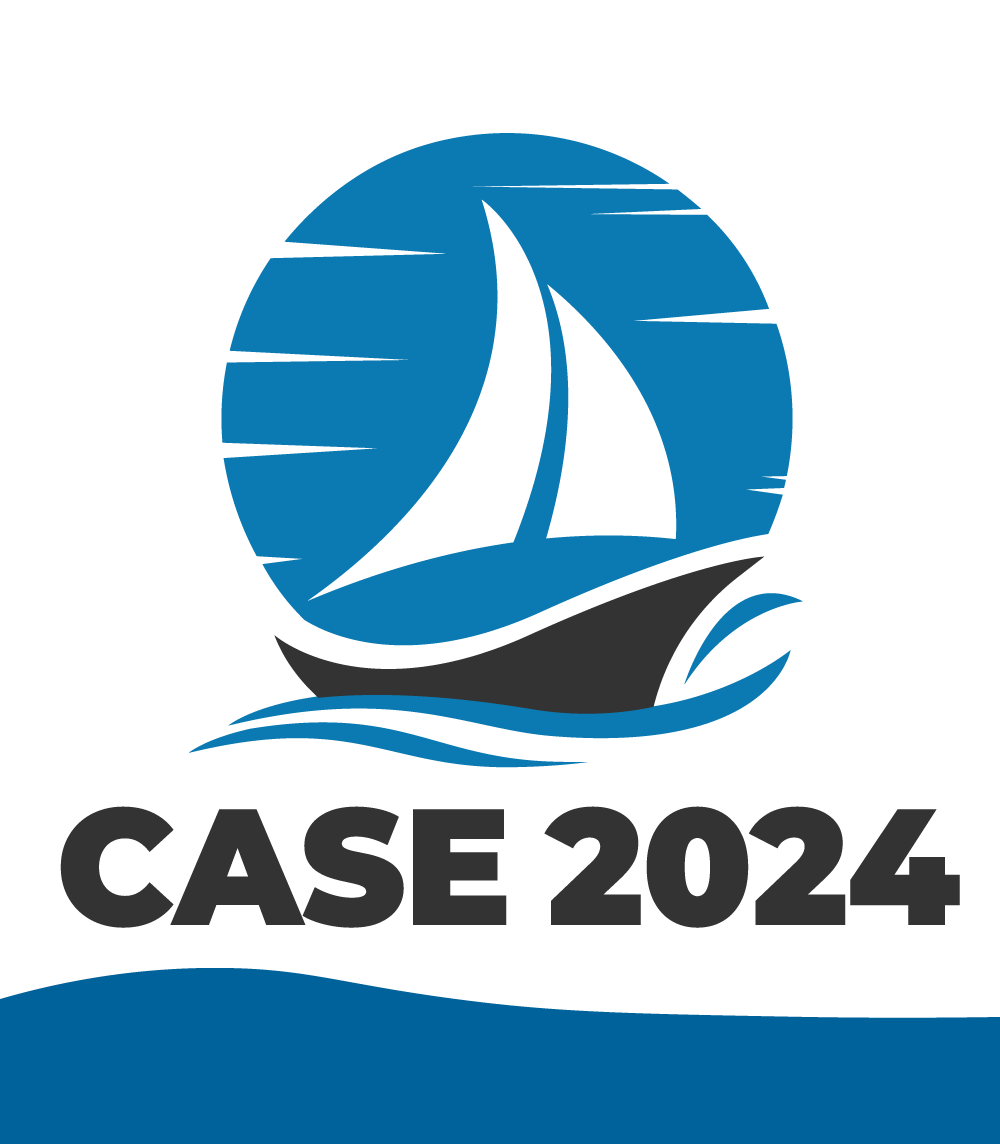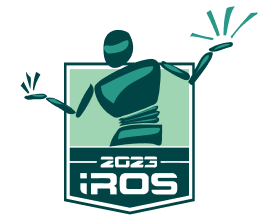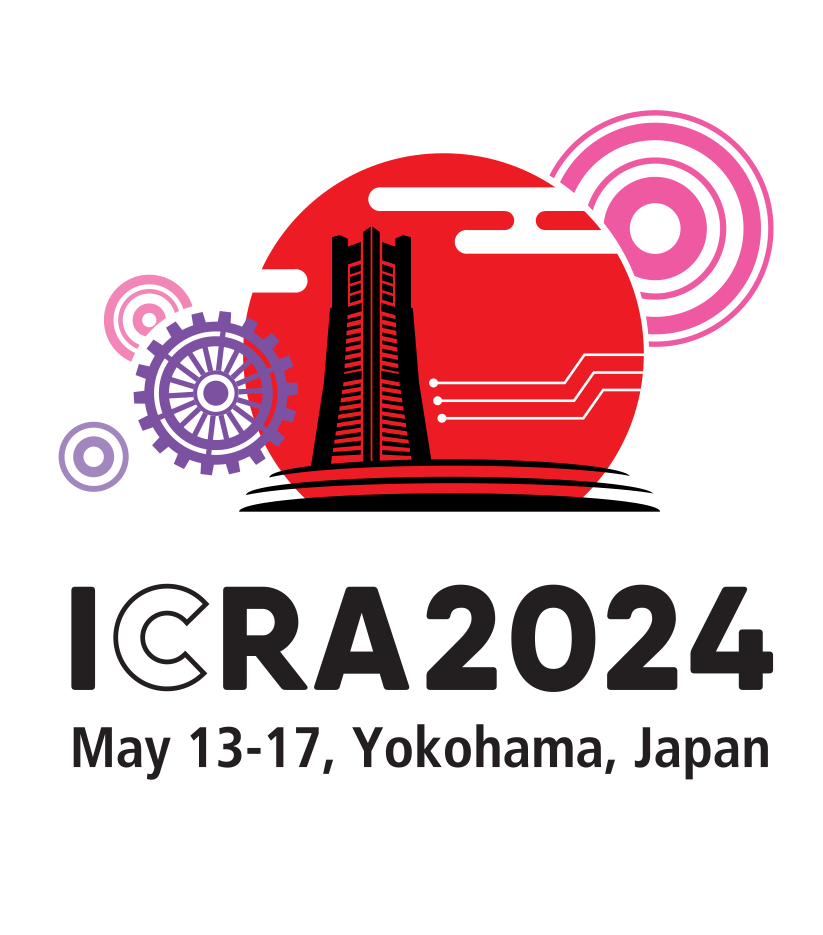Communication Workshops to be held at ICRA 2019!
New this year! In an effort to assist our Members and conference Attendees with the challenges of communicating to the non-engineering community, a series of courses will be offered at the IEEE International Conference on Robotics & Automation (ICRA 2019) 20-24 May 2019 in Montreal, Canada. This collaboration with the IEEE Professional Communications Society is sure to be a valuable experience for all participants. While initially created to benefit our Students and Young Professionals, this course would benefit participants in all stages of their careers.
All events are FREE for ICRA registrants. Please see the course descriptions below and sign up today!
Lunch and Learn Keynote
Tuesday, 21 May 2019 in room 519
12:15-13:30
“How to Talk to the Public about Science and Technology: Learning from Failure”
Starting with a few brief but notable cases of science communication failures, we will work towards some key challenges for communicating effectively with the public. Through these failures, we examine some of the assumptions about the non-expert audience implied by the Deficit Model – a prominent but outdated and problematic model of scientific communication. Specifically, we interrogate the idea that the “public” is homogenous, with similar goals, background knowledge, and purposes for learning about technology. Acknowledging this, we introduce the idea of “Framing Science,” a concept that came to prominence in a 2007 Science editorial by Chris Mooney and Matthew Nisbet. They argue that in order to communicate effectively with the public, scientists and researchers need to do more than learn techniques for “dumbing-down” or “translating" their research while maintaining accuracy: they need to find ways to make complex topics more personally relevant. Without these connections, nonexpert audiences will not be compelled to learn about and understand technical information.
Returning to these case studies, we lay out key strategies for:
(1) understanding an audience’s needs and background;
(2) finding relevant approaches to engage non-experts; and finally,
(3) deploying the right rhetorical techniques (eg. narrative, metaphor, etc.) to communicate within that framework.
We will close by demonstrating how these techniques parallel those used by science journalists, and invite the audience to our workshops, where we’ll help them craft key messages about their own work.
**Registration is NOT required for this Lunch & Learn, however seating is limited. Mark your calendars to attend this important session!
**Lunch will be available in room 519 at the start of the session.
Communications Workshop:
“Theory to Action: Crafting Messages for the Public about your own Research”
Presenters: Lydia Wilkinson and Alan Chong
This 3 hour workshop follows up on the Lunch and Learn keynote with a brief review of the concepts, followed by a set of activities designed to get attendees thinking and developing a message about their own research for the public in multiple ways.
Class size will be limited to 35 registrants for each class.
Register today for ONE of the following classes (same workshop offered 4 different times) by completing the online Registration Form:
https://app.smartsheet.com/b/form/197e3c778bd4400aab8e2004360b1fc9
Thursday, 23 May from 9:00-12:30 in room 523
Thursday, 23 May from 13:30-17:00 in room 523
Friday, 24 May from 9:00-12:30 in room 522a
Friday, 24 May from 13:30-17:00 in room 523
1. Imagining an Audience and Framing their Work: (30 minutes)
We first ask attendees to imagine the characteristics of an imagined audience, focusing on why they would want to learn about the topic at hand and what they would need to know. For this imagined audience, we ask that they develop a brief message about their research (1-2 paragraphs). With a partner, we ask them to share the message and, importantly, the rationale behind their message, and discuss the success/failure of their message. This activity will highlight the importance of crafting a message for a specific audience, and will provide attendees with strategies to analyze their audience in future communication.
2. Developing a “Pitch”: (60 minutes)
Using the feedback from the previous exercise as a starting point, we will ask attendees to reconfigure their message for an audience who might support or invest in their research. We will use the genre of the “elevator pitch” to highlight rhetorical strategies to persuade a non-expert audience. We will ask individuals to develop a short one-minute pitch, deliver that pitch within a small group, and critique that pitch for others. This activity will emphasize the value of concision and persuasion in delivering a message to non-experts, and will provide attendees with a simple tool to hone their message at home.
3. Analogy / Metaphor: (20 minutes)
Having explained the rhetorical structure, components, and function of analogy, we will ask participants to develop an analogy explaining some aspect of their work, including identifying the source and target, and grounds and tension. In small groups, they’ll share and critique their analogies and reflect on their efficacy in communicating to non-expert audiences. This activity will provide participants with an understanding of how rhetorical tools can be used to achieve certain communication goals, laying a foundation for their use in their communicative practice.
4. Employing a Journalistic Framework: (60 Minutes)
In the final activity, we will ask participants to imagine themselves as journalists writing about their own research. We explain the PINTS (Peg-Interesting-Novel-Tension-Significance) model, and ask groups of four to choose their own research (or a predetermined paper from the Robotics and Automation) field, and write a short article that satisfies PINTS requirements for a specific publication (and its implied audience and purpose). Sharing the articles will provide us with an opportunity to examine strategies to engage and inform non-expert audiences, while maintaining scientific accuracy.
At the end of this workshop, participants should have a set of communication artifacts – in varying stages of completion – that have allowed them to: (1) engage with their own research and (2) experiment with multiple techniques for communicating to non-experts. With these experiences in hand, we hope they leave with a better understanding of key issues and strategies for communicating with non-experts in multiple modes and contexts.
Course Presenters
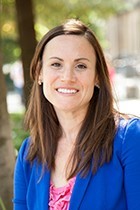
Lydia Wilkinson is a Lecturer in the Engineering Communication Program (ECP) in the Institute for Studies in Transdisciplinary Engineering Education and Practice (ISTEP) at the University of Toronto. She coordinates communication in Chemical Engineering at the University of Toronto, where she supports student success by connecting classroom learning to current engineering projects and their future workplace. She teaches communication at the graduate level through a research course in Chemical Engineering, as well as an optional seminar in career options for PhDs. Lydia’s research investigates interdisciplinary skills transfer with a specific focus on humanities integration for engineers.
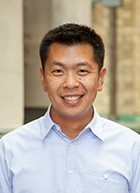
Alan Chong is an Associate Professor, Teaching in the Engineering Communication Program (ECP) in the Institute for Studies in Transdisciplinary Engineering Education and Practice (ISTEP) at the University of Toronto. He coordinates communication instruction in Civil and Mineral Engineering, helping students develop their communication skills within various academic and industrial settings. He also teaches proposal and thesis writing to undergraduate and graduate students. Alan’s research interest involves developing opportunities for civic engagement among undergraduate engineering students and in Science Communication pedagogy, particularly around the development of case studies; he also serves as the IEEE Professional Communication Society’s Digital Content Curator.



